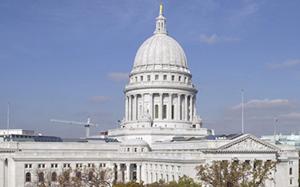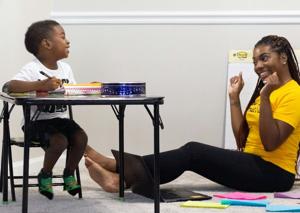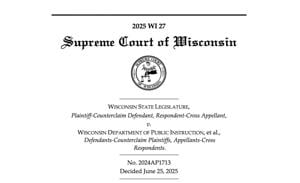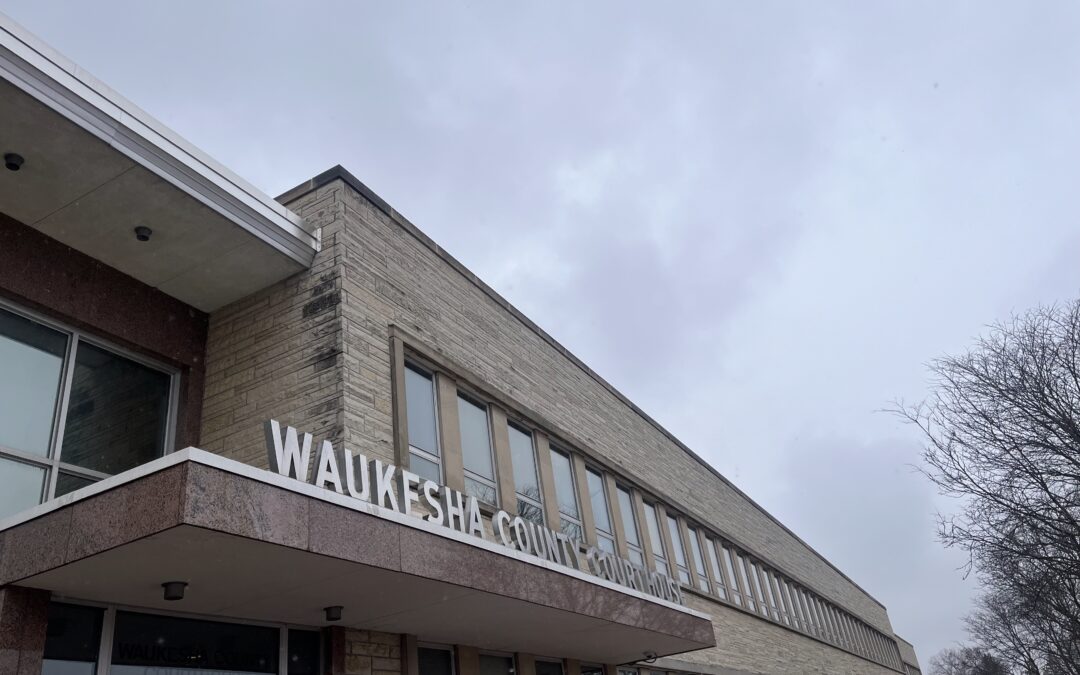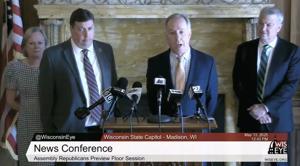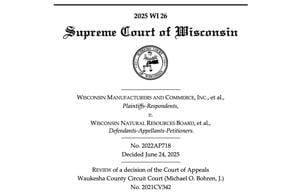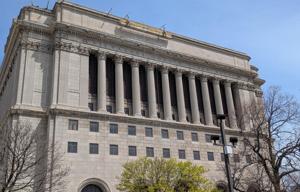(The Center Square) – Democrats on Wisconsin’s budget-writing panel say an agreement between Gov. Tony Evers and legislative Republicans would not necessarily guarantee their votes on a new state budget.
Top Republicans have been talking with the governor about a new state budget for weeks, and both sides have acknowledged that there is an agreement framework. Nothing is final, in fact it appears unlikely that lawmakers will hammer out a budget deal by Monday’s deadline.
Democrats on the Joint Committee on Finance on Thursday said they are optimistic, but also said they’re still waiting to see what a possible budget agreement will look like.
“All of us are going to have to make our own decisions about whether or not the budget is one that we can support, or meets the needs of our districts,” Sen. Kelda Roys, D-Madison, told reporters Thursday morning.
No one has said just what may be included in the budget agreement between the Republican-controlled legislature and Evers.
However Assembly Speaker Robin Vos last week said that “Assembly Republicans will not pass a budget that doesn’t have a guarantee from Gov. Evers of tax relief in it.”
Evers on Tuesday said he will not sign a budget that doesn’t fully fund his child care program.
Roys on Thursday said that it is “good and important” that there are ongoing budget negotiations, but she also said Wisconsin is weeks behind schedule.
“We are several weeks behind from where we ought to be, given the fact we have these really important, looming deadlines,” she added.
Wisconsin lawmakers are supposed to have a new state budget to the governor by Monday. If they don’t the current state budget will simply rollover until the legislature can agree on a new state spending plan.
